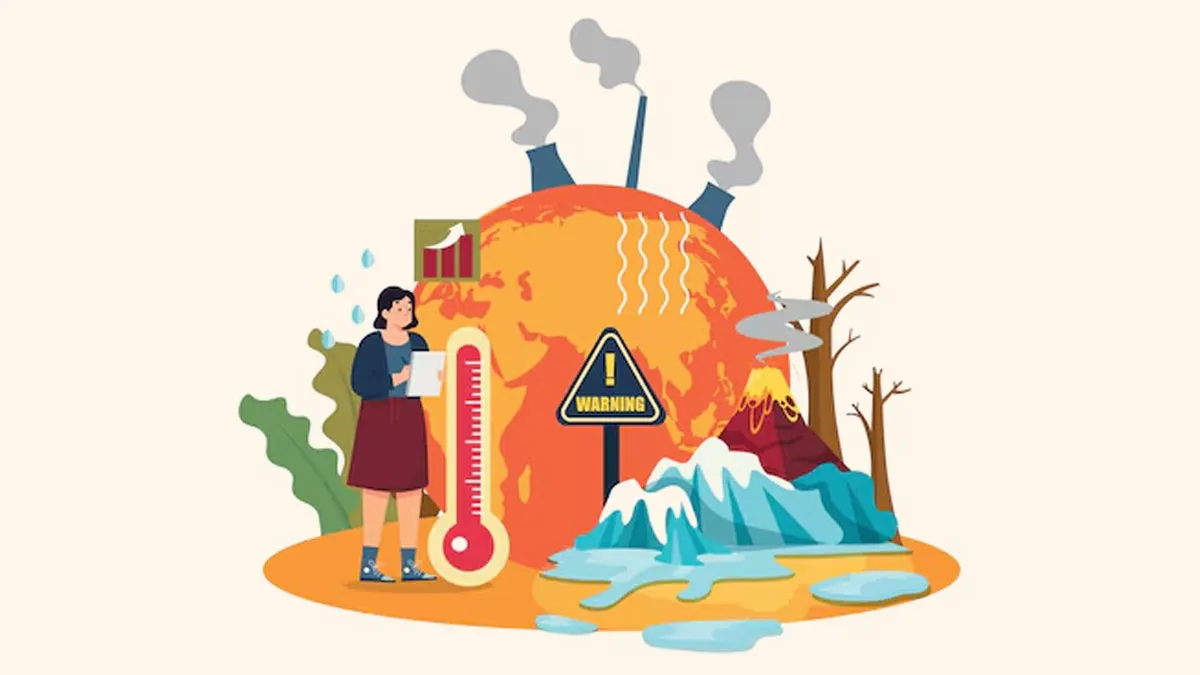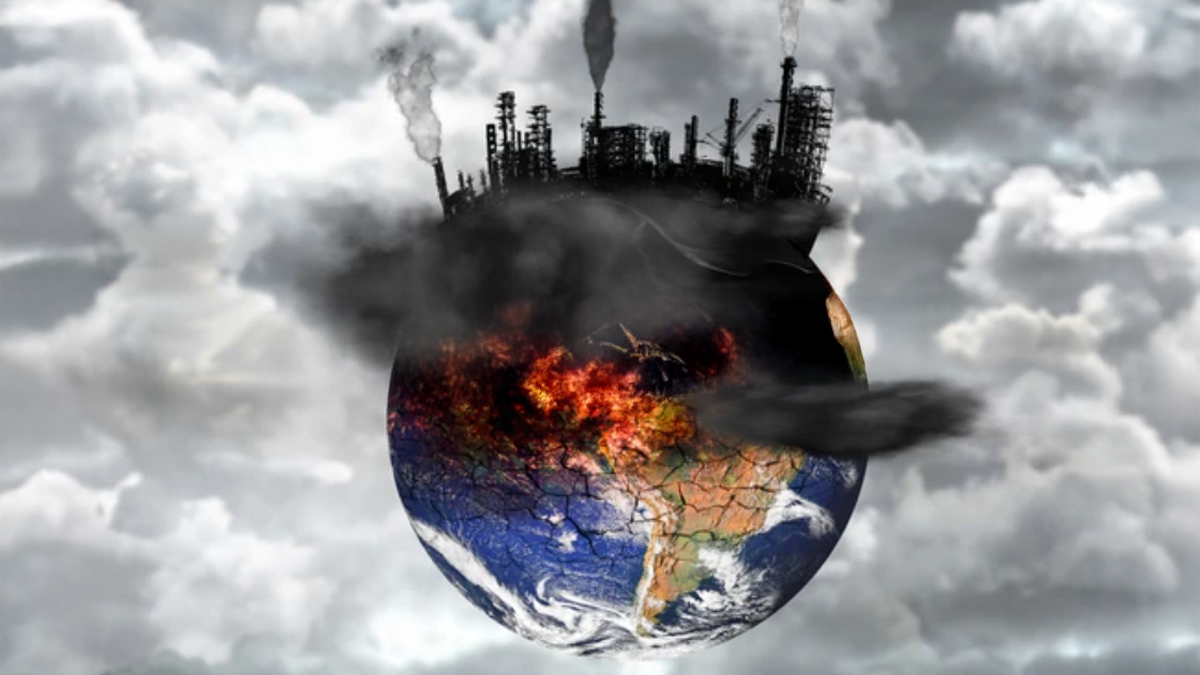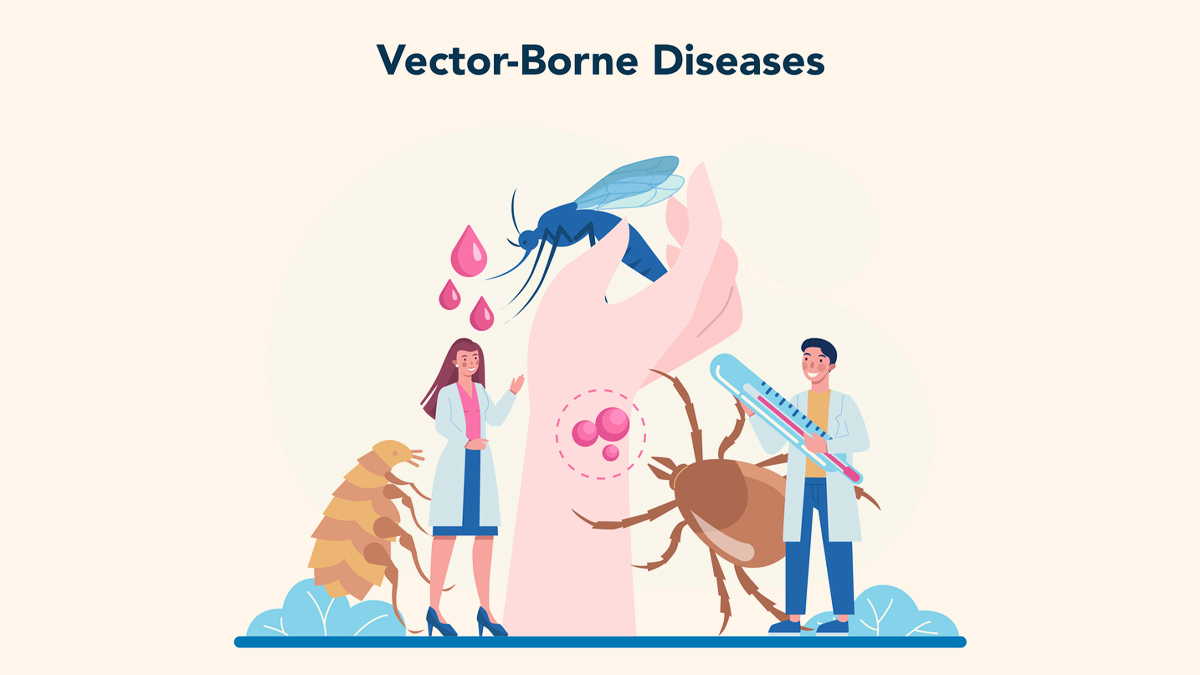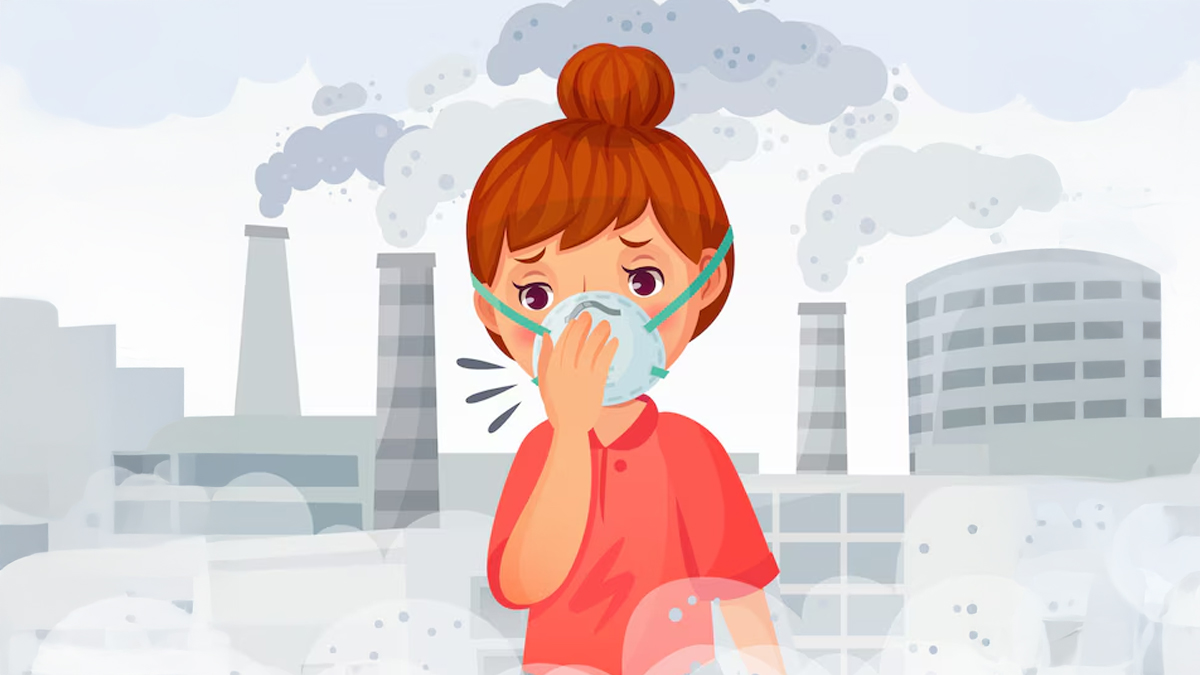
When we think of 'climate change,' we often picture melting glaciers or rising sea levels. But there's an essential element that's directly impacting our everyday lives: our health. Climate change isn't only damaging the planet; it's altering the way diseases spread across the globe. From infections spread by mosquitoes to respiratory conditions brought on by air pollution, the health threats are increasing. This Earth Day, it's crucial to realise how the environment and our health are more intertwined than ever before.
Table of Content:-
We spoke to Dr Rituja Ugalmugle, Internal Medicine, Wockhardt Hospitals, Mumbai Central, who explained the impact of climate change on global disease patterns.

"The pressure to address environmental health is greater than ever, especially concerning the connections between disease outbreaks and climate change. Global warming, global heatwaves, and altered ecosystems have immediate effects on the occurrence and severity of diseases," explained Dr Ugalmugle.
The World Health Organization (WHO) estimates that around 3.6 billion people live in areas highly vulnerable to climate change, with an expected 250,000 additional deaths annually between 2030 and 2050 due to malnutrition, malaria, diarrhoea, and heat stress.
Also Read: Can Weather Affect Young People's Mental Health? Expert Weighs In
Climate Change and the Rise of Vector-Borne Diseases

Among the most visible health impacts are those related to vector-borne diseases, illnesses spread by carriers like mosquitoes and ticks. "Warmer weather and rising humidity are opening up new habitats for mosquitoes and ticks, and enabling these diseases to spread into areas that were not previously affected. We now have dengue outbreaks occurring in temperate zones that were previously thought to be safe," added Dr Ugalmugle.
Water-Borne Threats Are Surging Too
Extreme rainfall, floods, and inadequate sanitation are also driving the transmission of water-borne diseases, such as cholera, typhoid, and leptospirosis. As the frequency and severity of storms and flooding incidents increase, they breach current sanitation systems and contaminate drinking water, which allows these diseases to be transmitted.
"Low-income regions, especially in parts of South Asia and sub-Saharan Africa, are particularly vulnerable. Limited access to clean water, healthcare, and infrastructure only increases the impact of these outbreaks, making what should be preventable diseases a recurring crisis," said Dr Ugalmugle.
Air Pollution and Respiratory Illnesses on the Rise

Respiratory health is another major concern in our warming world. Wildfire smoke, air quality, and pollen levels induce greater chances of asthma and allergies. On the other hand, warmer winters may enable flu and other viruses to spread over a longer period.
The Hidden Impact of Climate Migration
Climate change is also compelling individuals to migrate, what experts now call 'climate migration'. "Regardless of whether caused by drought, flooding, or natural disasters, displaced persons frequently find themselves in crowded shelters or urban slums where clean water, sanitation, and medical care are scarce. These conditions become breeding grounds for the quick transmission of infectious diseases, ranging from respiratory infections to gastrointestinal diseases.
An Urgent Call for Climate-Health Preparedness
"An urge for global cooperation not just to mitigate environmental damage but also to prepare health systems for climate-driven health threats. We need integrated policies that address both environmental and public health challenges. As climate change continues to redefine the map of global health, Earth Day serves as a powerful reminder: protecting the planet also means protecting our well-being," concluded Dr Ugalmugle.
[Disclaimer: This article contains information provided by an expert and is for informational purposes only. Hence, we advise you to consult your professional if you are dealing with any health issue to avoid complications.]
Also watch this video
Read Next
Are You Drinking Directly from Cans? Expert Shares How It Could Be Playing with Your Health
How we keep this article up to date:
We work with experts and keep a close eye on the latest in health and wellness. Whenever there is a new research or helpful information, we update our articles with accurate and useful advice.
Current Version